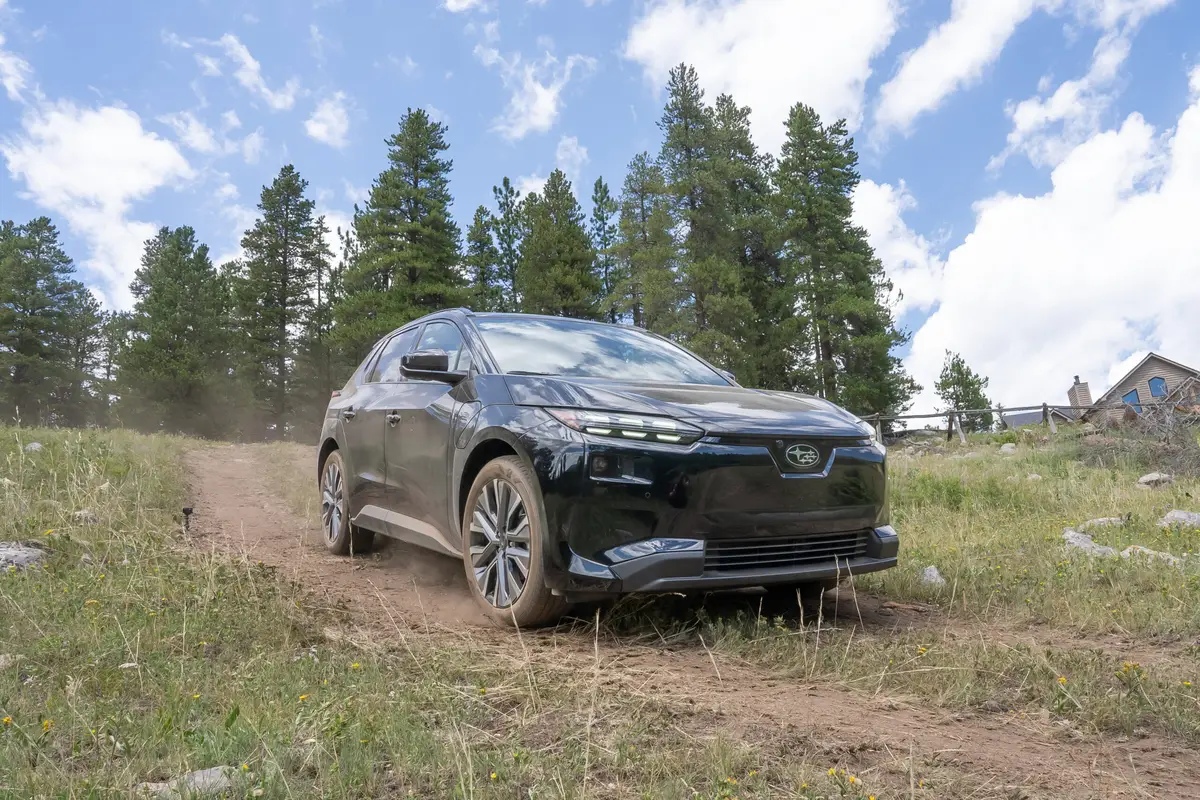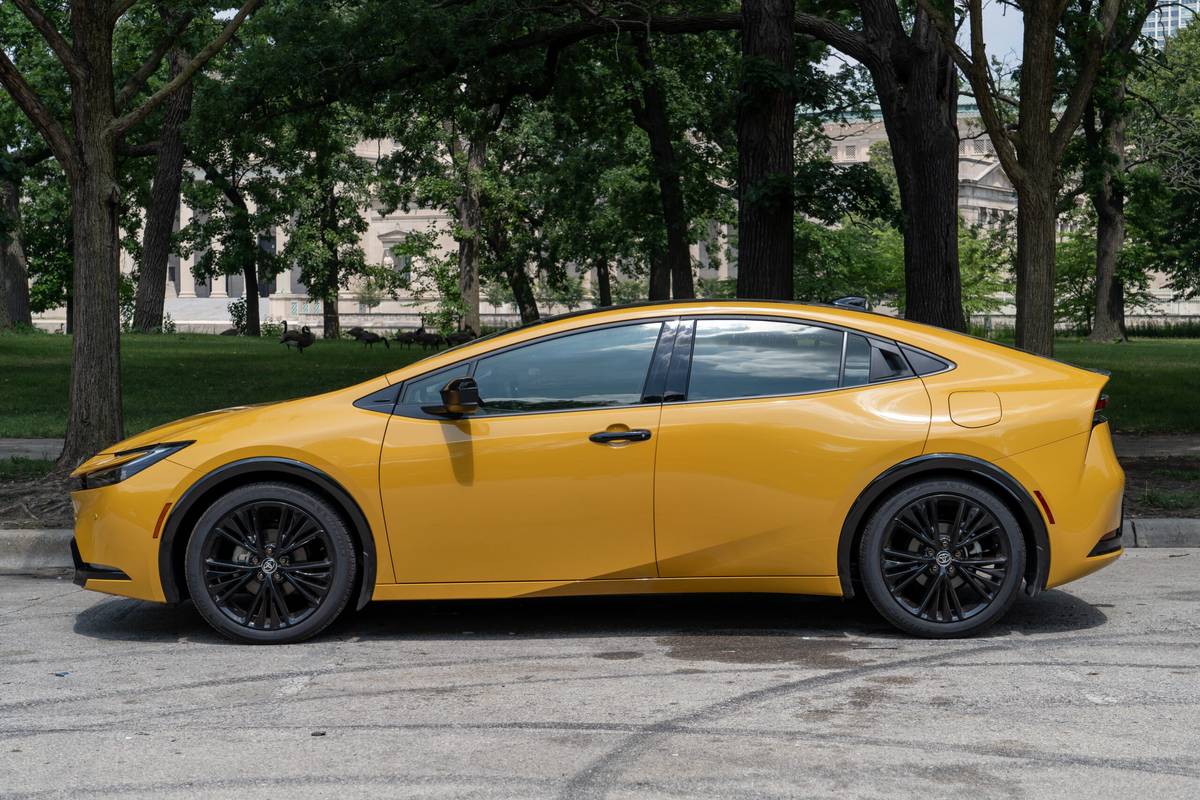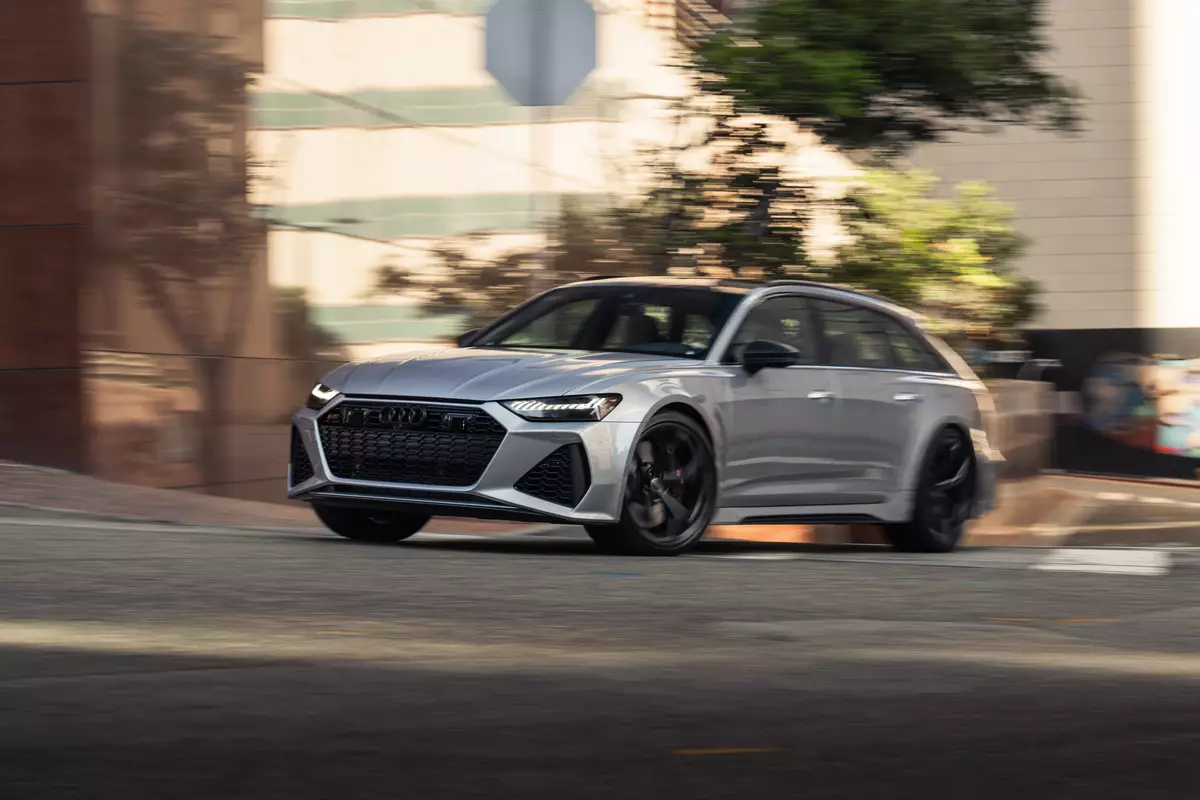Study: Millennials Have Less Interest in Cars
Teens and young adults, frequently referred to as “Generation Y” or “Millennials,” have far less of an interest in owning a car than previous generations according to a study of their conversations on Twitter, Facebook and other blogs by J.D. Power & Associates.
First off, let me say, “Uh, creepy study, J.D. Power.”
Let’s think about what this means: After researching hundreds of thousands of online conversations, the market research firm concluded that the chatter on personal blogs, social networks and car-related websites (like KickingTires) pointed to a slumping interest in the auto industry as well as a slumping interest in specific brands. This research incorporated those born in the 1980s and early 90s who are now teenagers (12 to 18), college students and young professionals (22 to 29).
“Online discussions by teens indicate shifts in perceptions regarding the necessity of and desire to have cars,” read J.D. Power’s conclusion.
They cite several factors for this including the current recession, which has perhaps made the cost of owning a car prohibitively expensive for some, as well as the influence of social media itself.
“With the advent of social media and other forms of electronic communities,” the study said, “teens perceive less of a need to physically congregate, and less of a need for a mode of transportation.”
As a member splat in the middle of the demographic J.D. Power is talking about, I’d say that these two explanations sound like the glib explanations of 45-year-old market researchers. The fact is that the world in which we have come of age is a lot different than the cheap-gas, car-crazed one our parents and older siblings grew up in.
We’ve seen a war in which petroleum played a major — if not preeminent — role, a gas crisis that more or less proved oil is not the endless commodity we’ve been treating it as, and a growing climate crisis that casts grave doubts about our automobile-heavy transportation system. [Or it could be the fact that your generation grew up in an SUV-dominated era, absent of exciting muscle cars, -ed.]
I’m not saying this is how every Millennial thinks or feels, but the political and environmental ramifications of a car-heavy lifestyle definitely play a far larger role in this trend than a recession that only accounts for 1/29 of some of our lives or the ability to Twitter a friend.
As for how the auto industry will greet this news, they can look to Japan, which was the first developed country to see a decline in car ownership, especially in crowded urban areas. Of course, as the study also cites, the automotive world has China with its 1.3 billion people who “are simply wild about cars.”
Rebel Without a Car? (Los Angeles Times)
Featured stories

2026 Subaru Solterra Review: Necessary Improvements


2025 Toyota Prius Review: Big on Mileage, Small on Space


